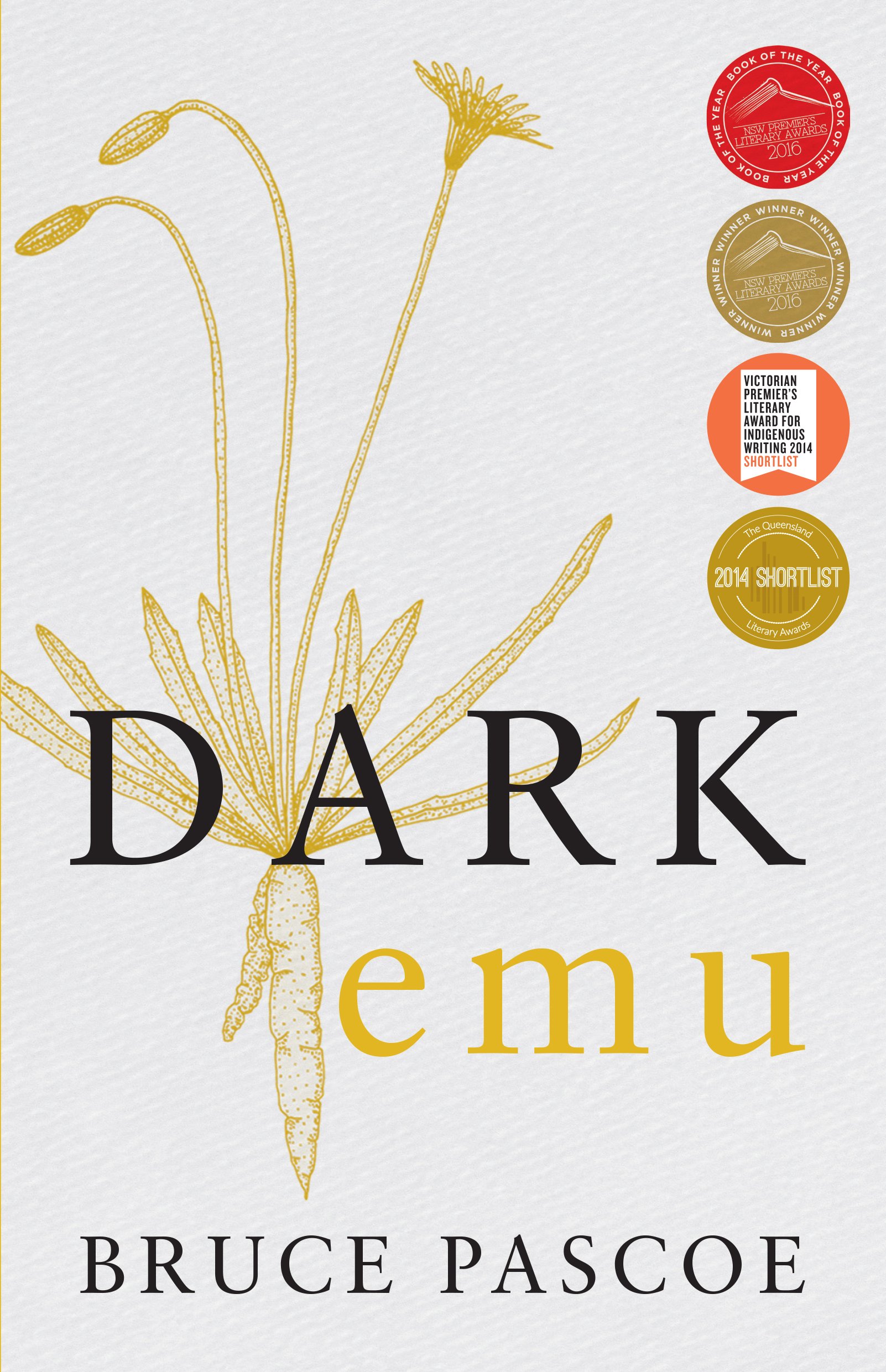Human rights are one of the great tasks of our civilisation. This article discusses the importance of this task along with our personal responsibility to be involved.
When I was writing the introduction to Human Rights, there were a number of things I wanted to discuss which would have made it too long to be an introduction. Some of these thoughts are fleshed out here, such as the idea of speciesism, states and other structural issues.
Reflections and discussion about the invasion of Iraq by the coalition of the willing in 2003, and the propaganda of war.
The massacres in Rwanda were an event that touched me deeply, and taught me much about the world. Here are a couple of good summary articles about why the west should also learn from them.
Freedom is an indivisible word. If we want to enjoy it, and fight for it, we must be prepared to extend it to everyone, whether they are rich or poor, whether they agree with us or not, no matter what their race or the colour of their skin
It is rare to read a book which so upends your historical notions of the place in which you live. Although I went to an alternative school where I studied Aboriginal History, and despite reading about Aboriginal life and culture before, this book was a revelation to me. The first...


